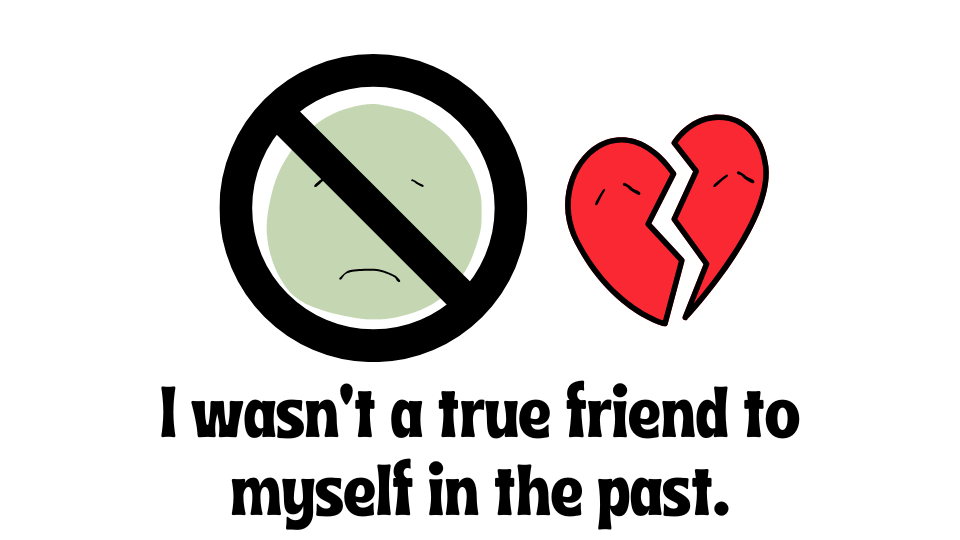Before I truly understood what journaling could be, I had a preconceived notion that it was merely a daily diary—a routine task for diligent people who could consistently document their day with pen and paper. Growing up, I always loved stationery and found joy in planning my future with detailed lists and ambitious to-do items. Writing these bright visions of the future felt empowering; mapping out the paths I wanted to take filled me with excitement.
However, as time passed, I started to sense that something crucial was missing. These plans, while inspiring at first, didn’t provide the comfort or emotional balance I needed. Despite having excellent strategies laid out on paper, my day-to-day life was marked by emotional highs and deep, sometimes crippling lows. I felt stuck in a cycle of fluctuating emotions and an overwhelming sense of isolation, which made progress seem impossible.
During these times, I often craved a source of emotional support. Yet, whether due to my nature or personal barriers, I found it difficult to confide in others. I hesitated to share my struggles with anyone. To cope, I started writing down my feelings in private messages to myself through chat apps. Each time I hit send, I felt a brief wave of relief and reassurance. This became a small yet powerful habit.
Occasionally, I would turn to a physical notebook to write, but I found myself holding back when it came to recording anything negative. The idea of leaving behind a written trace of my darker thoughts felt like breaking an unspoken rule. It seemed, at the time, that society revered “positive thinking” as inherently good and shunned “negative thinking” as something undesirable. Additionally, there was always the underlying fear of someone discovering my notes.
This led me to keep my notebook filled with artificially positive entries, avoiding my true emotions and perpetuating a sense of disconnect even within myself. Looking back now, I see that I was not being honest with myself. I was presenting a facade, even when I was alone. The result was deep loneliness, sadness, and a persistent struggle that I could not express or release.
Reflecting on this now, I understand why I felt so isolated in the past. Despite being with myself 24/7, I was constantly hiding my true feelings, pretending they didn’t exist, or outright denying them. The “me” that was always present in my life was never a friend to myself. This lack of genuine self-connection, I now realize, was likely at the root of my loneliness and the ensuing panic that often accompanied it.
About Me: Hi, I’m Evolving Mind. Through this blog, I share my journey of self-discovery and mental well-being. Journaling has been a powerful tool for me, and I hope to inspire others to find their own path to peace and clarity.



Comments